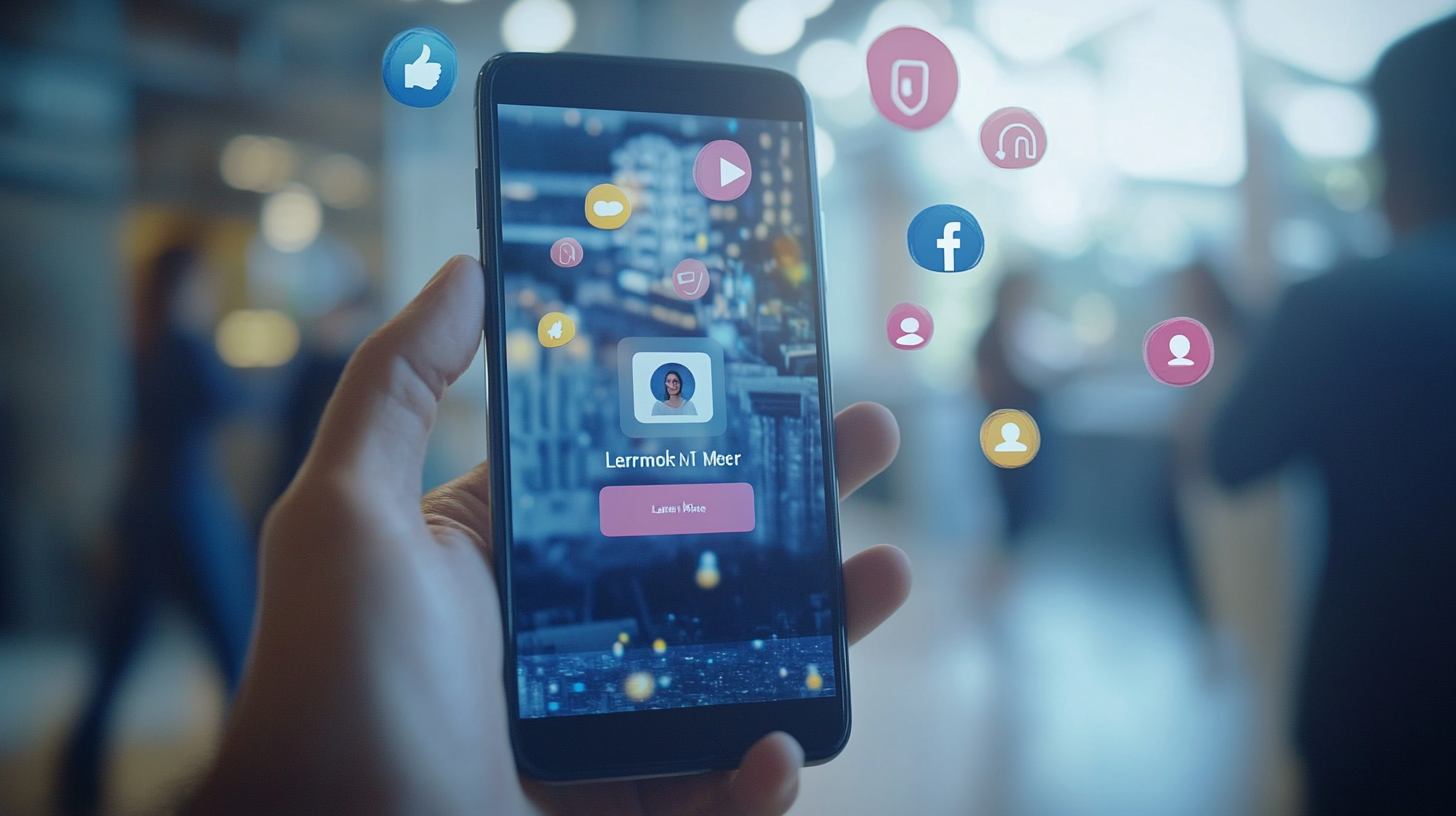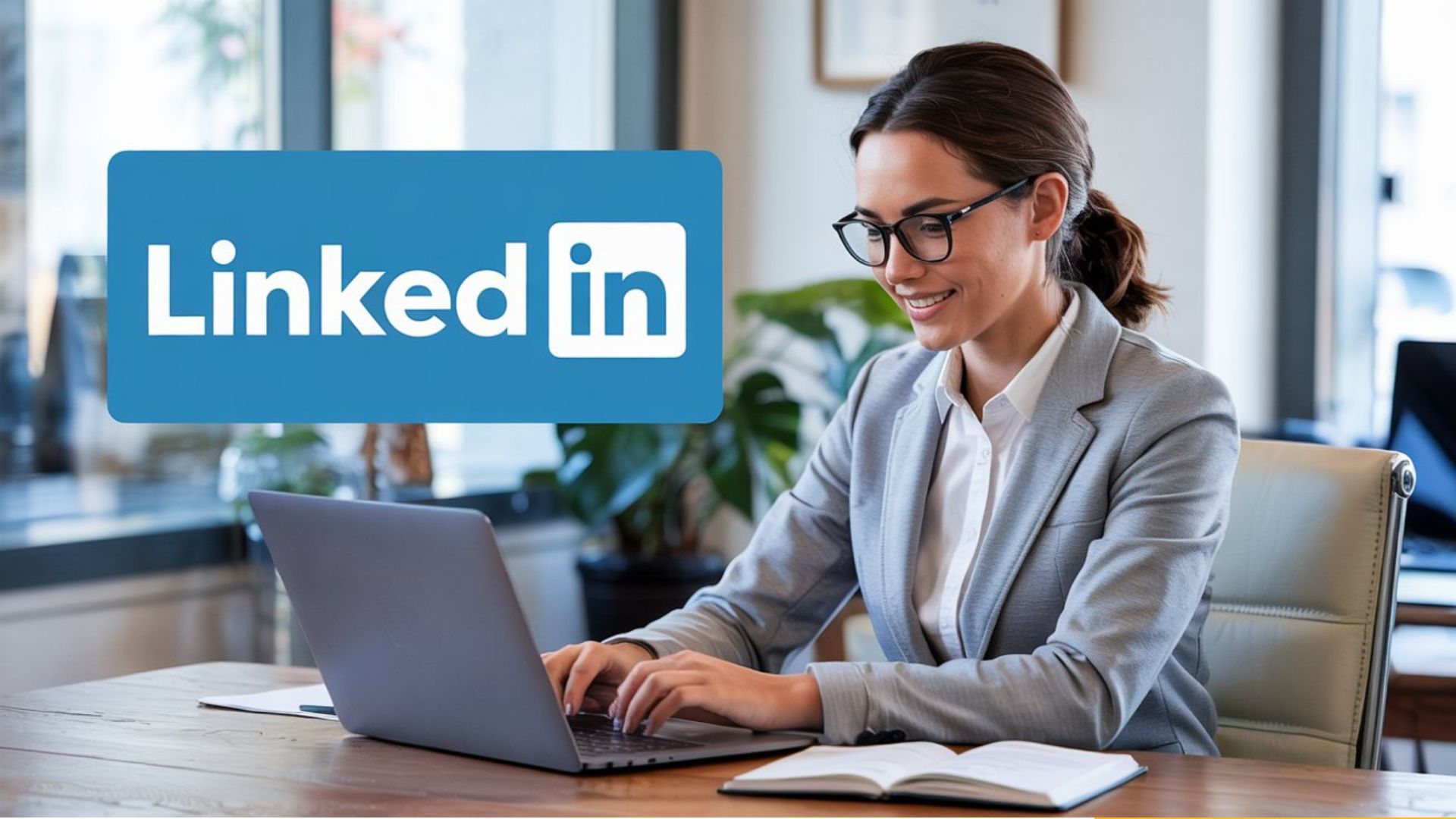Two Things You Must Prepare Before Going To A Networking Event
Networking events can be a great opportunity to make new connections in your industry, but simply exchanging business cards and making small talk is not enough to build a strong relationship. Scheduling a one-to-one meeting after a networking event is a powerful tool for developing meaningful connections. In this post, we will explore the benefits of scheduling a follow-up meeting, including the ability to have a more in-depth conversation, show your commitment to building a relationship, discover new opportunities, and ultimately help you build your professional network.
Crafting a Compelling Elevator Pitch: Tips and Tricks
An elevator pitch is a brief, persuasive speech that you use to spark interest in what you're selling or promoting. The goal is to quickly grab the attention of your listener and convince them that what you have to offer is worth their time and effort. Here are a few tips for giving a successful elevator pitch:
Keep it short and sweet: Aim for a 30-second pitch that is concise and to the point.
Know your audience: Tailor your pitch to the person you're speaking with, highlighting the benefits and features that will be most relevant to them.
Start with a hook: Use a strong opening line to grab the attention of your listener and make them want to hear more.
State your value proposition: Clearly articulate the value that your product or service offers and how it meets the needs of your audience.
Use storytelling: Use examples and anecdotes to illustrate your points and make your pitch more memorable.
Practice, practice, practice: Rehearse your pitch until it feels natural and you can deliver it smoothly and confidently.
Crafting a Compelling Elevator Pitch: Tips and Tricks
Attending networking events can be a great way to meet new people and build relationships in your industry. However, simply exchanging business cards and making small talk at the event itself is not enough to build a strong connection with someone. That's where scheduling a one-to-one meeting can be useful.
Here are a few reasons why it's important to schedule a one-to-one meeting after a networking event:
It allows you to have a more in-depth conversation: Networking events are often crowded and noisy, which can make it difficult to have a meaningful conversation. Scheduling a one-to-one meeting gives you the opportunity to have a more focused, productive discussion.
It shows that you are serious about building a relationship: By making the effort to schedule a follow-up meeting, you demonstrate that you are interested in learning more about the person and exploring potential opportunities for collaboration.
It can lead to new opportunities: One-to-one meetings are a great way to learn more about someone's work and see if there are any potential opportunities for collaboration or referral.
It helps you build your network: Building a strong network is about more than just meeting a lot of people. It's about cultivating meaningful relationships. Scheduling a one-to-one meeting after a networking event is a great way to take the first step towards building a long-term professional connection.
In conclusion, both elevator pitches and one-to-one meetings are important tools for building professional connections. An effective elevator pitch can quickly grab the attention of your listener and convince them that what you have to offer is worth their time and effort.
Scheduling a one-to-one meeting after a networking event allows you to have a more in-depth conversation, demonstrate your interest in building a relationship, explore potential opportunities for collaboration, and ultimately help you build your professional network. By keeping these tips in mind and practicing them, you will be well on your way to making valuable connections in your industry.
The Marketing How-To Blog







